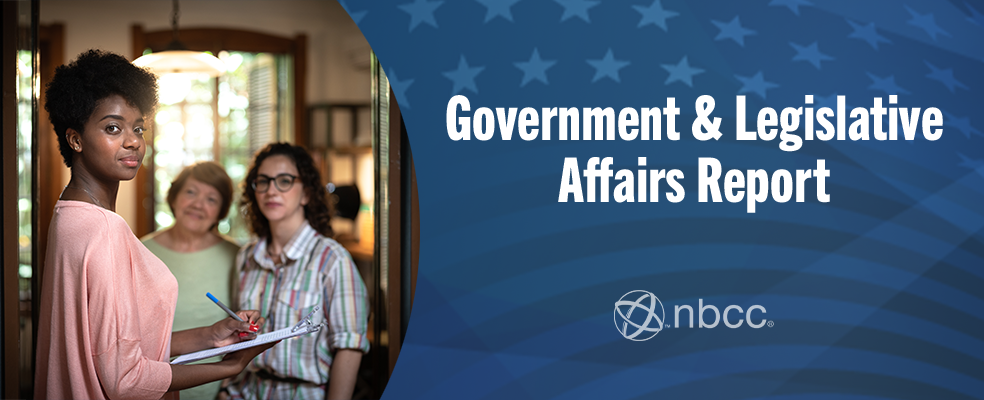
Congressional Committees Gearing Up for Comprehensive Mental Health Reform Legislation This Year
The COVID-19 pandemic has seen a significant increase in the number of individuals reporting symptoms of anxiety and depression and record numbers of drug overdose deaths. In a recent flurry of congressional hearings, mental health experts have renewed calls for increased resources for mental health care, investing in the workforce, expanding access to telehealth, and broadening the continuum of care for individuals in crisis situations. These are among several of the issues that Congress is hoping to address this legislative session. Top senators and representatives said at three hearings—held over a 7-day period in early February—that they plan to pass a “bipartisan” mental health and substance use mental health reform legislative package this year.
Key Takeaways of the Congressional Hearings and Implications for Counselors
Several congressional committee members and witnesses testifying support:
- Addressing workforce shortages by ensuring that practitioners licensed at the state level that provide behavioral health services, such as mental health counselors, are recognized by the Medicare program as approved providers.
- Creating a comprehensive and integrated response to expand access to mental health care, including supporting the workforce, improving the collection of data and research, and addressing some of the underlying barriers, such as continuing stigma, that can impact the mental health of children.
- Including Medicare as part of the 2008 Mental Health Parity and Addiction Equity Act (MHPAEA), and recognizing that we need stronger oversight by Congress to ensure that health insurers are abiding by mental health parity rules and regulations and addressing provider complaints.
- Scaling up federal programs and initiatives to improve the integration of physical health care, mental health care, and substance use care services and incorporating counselors with experience treating co-occurring disorders into these efforts.
- Protecting consumers from unaffordable out-of-pocket costs when provider networks fail to offer adequate networks of behavioral health providers.
- Increasing investments in training programs for first-generation graduate students and students from Black, Indigenous, and historically excluded populations that advance mental health equity in our nation.
Next Steps
During these initial public hearings in early February, Congress has expressed the dire need for action to better understand the myriad problems and challenges that mental health practitioners and consumers face in providing and accessing needed care. The key Health Committee chairs pledged that Congress will take necessary action this year to address the issues highlighted during the three hearings and make the necessary investments. Time will tell if they can get the job done this year—and in a bipartisan fashion.
NBCC will continue to stress the urgency of addressing the issues highlighted at the hearings through our federal government relations activities and utilizing our grassroots networks and platforms. We have submitted a statement to the House Ways and Means Committee urging them to support H.R. 432, the Mental Health Access Improvement Act, as well as other initiatives that would ensure counselors can provide care where it is needed most. We will continue to advocate for these policies, and we encourage you to visit our Grassroots Action Center to see how you can help!